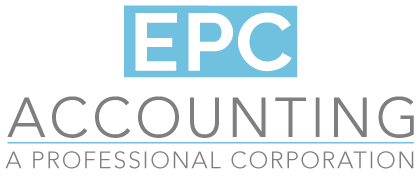It’s been said that no news is good news, and that certainly applies to the 2021 Federal budget. Before it was released, there were a number of educated guesses as to what it was going to contain, including a potential increase to GST or instituting a capital gains tax on primary residences.
The reason for these concerns is that some believed the government wouldn’t want to present a budget with a massive deficit. In the end, the budget was presented with a projected deficit of $354.2B for 2020, an announcement that there were no plans to recover from COVID-related debt for the next five years and no major changes.
The good news (from an accounting standpoint) is that when tax changes are rushed though, they’re often complicated to implement.
An absence of news is noteworthy. We had many discussions with clients to prepare for potential changes such as increased corporate tax rates and other levers the government could have pulled to try and stabilize the economy and present a budget that wasn’t quite as bleak.
Ongoing programs
One good thing in the budget is that many COVID relief programs will continue, including the Canada Recovery Benefit (CRB) and the rent subsidy (CERS). No changes were announced to the Canada Emergency Business Account (CEBA), but you have until June 30 to apply for it.
Deferral to repay CRA
A note if you owe taxes and were eligible in 2020 of for any of the COVID relief programs: If you made less than $75K, you have until the end of April 2022 to pay any outstanding tax owed.
Even if you took CERB for one month and had full employment for the other eleven months, the whole balance is due in April 2022, despite that most of the tax owing is CPP and regular income tax.
If you have any questions about your taxes or changes in the Federal budget, please get in touch!

